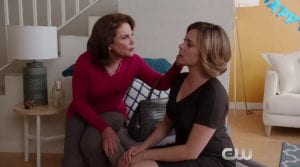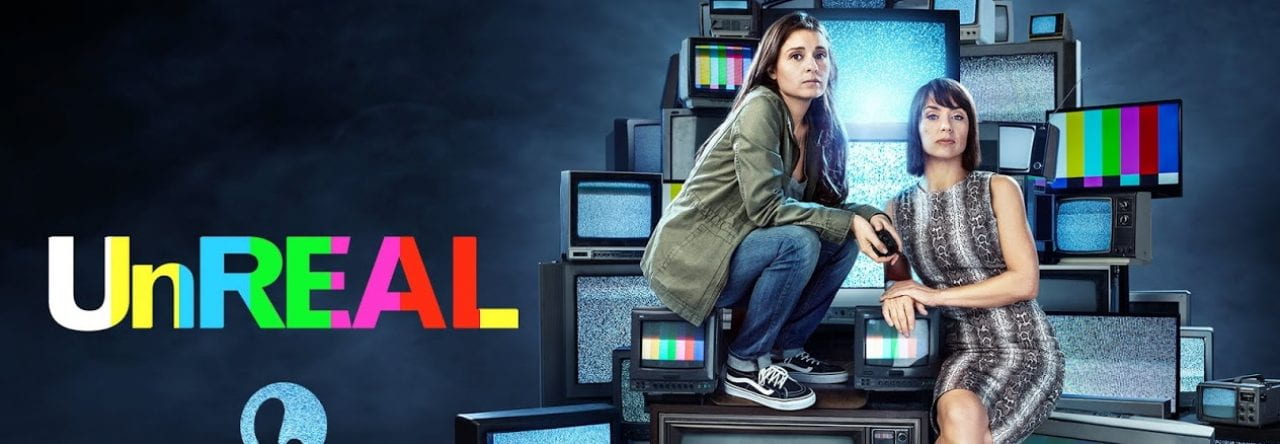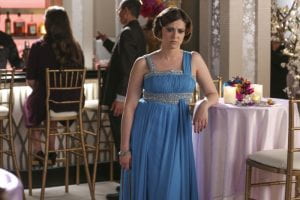When I started watching Crazy Ex Girlfriend, I was extremely excited to see Rebecca Bunch’s character, not only because of the way the show was lauded for portraying her mental illness, and her hilarious musical numbers, but also because of the simple fact that she was Jewish. I was excited to see a single Jewish woman at the helm of a show, and I assumed her Judaism would be a real part of her character, not just played for laughs. I was expecting another Mrs. Maisel, who fabulously combined the humor of Jewish life with actual insights as to what it means to be a Jew. I thought that with Rachel Bloom writing and portraying the character, who once wrote a whole Chanukah album entitled “Suck it, Christmas!!” that Judaism would be an integral part of Rebecca. But unfortunately, I was wrong.
Rebecca’s Judaism is exactly the kind of Judaism I see in sitcom characters everywhere: Full of family stereotypes, only relevant as a joke, and, don’t you worry, she still celebrates Christmas. Her Judaism really only comes out when she’s dealing with her obsessive and controlling mother (read: Jewish Mother stereotype to a T), waging a legal battle against her New York nemesis (read: Jewish American Princess stereotypes), or talking about all the bagels she eats (which, to be fair, bagels are pretty great). Other than that, Judaism has absolutely no meaning in Rebecca’s life. She observes no holidays, takes part in a “California Christmas” with seasonal cheer, and has no connection to a Jewish community beyond her mother. In a word, it’s disappointing.
Rebecca isn’t even an accurate depiction of most Jewish millennials. While many don’t attend synagogue on the regular, or ever, there is still a strong sense of community that drives young Jewish adults together and causes them to seek each other’s company. I know many Jews who were brought up with no religion, and yet strongly identify as Jewish and regularly attend non religious Jewish events. What makes Rebecca’s character truly sad to me is that she’s not accurate- she’s palatable.
When I say palatable, I mean specifically to Gentile audiences that have no idea of Judaism beyond Chanukah, the Holocaust, and a few odd jokes and stereotypes. Rebecca makes no jokes about being Jewish that run any danger of being incomprehensible to Gentiles. Her ethno-religious background is simply a font of jokes, as significant as any other small quirk.
I don’t know why, but it seems that Jewish writers, the ones that rightfully should be creating a diversity of Jewish characters, can only seem to write us in generalities calculated to appeal to anyone but us.

“Do you mean to tell me you’re trading 8 nights of presents for just one? What the hell is wrong with you??”





